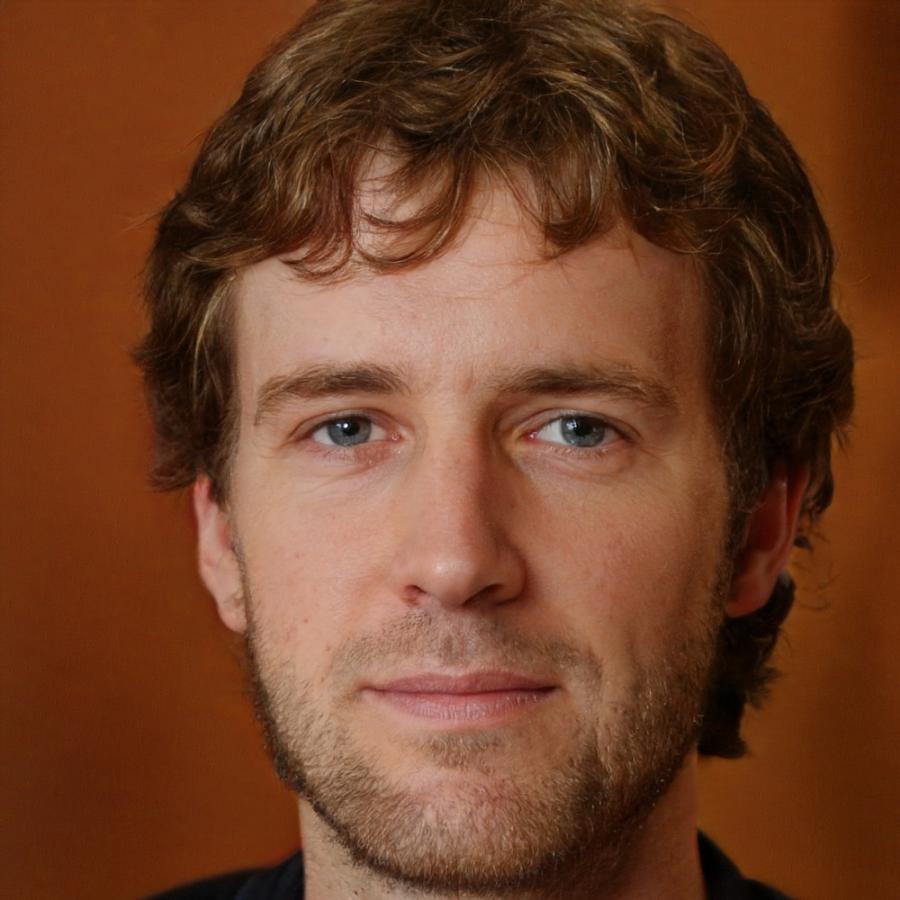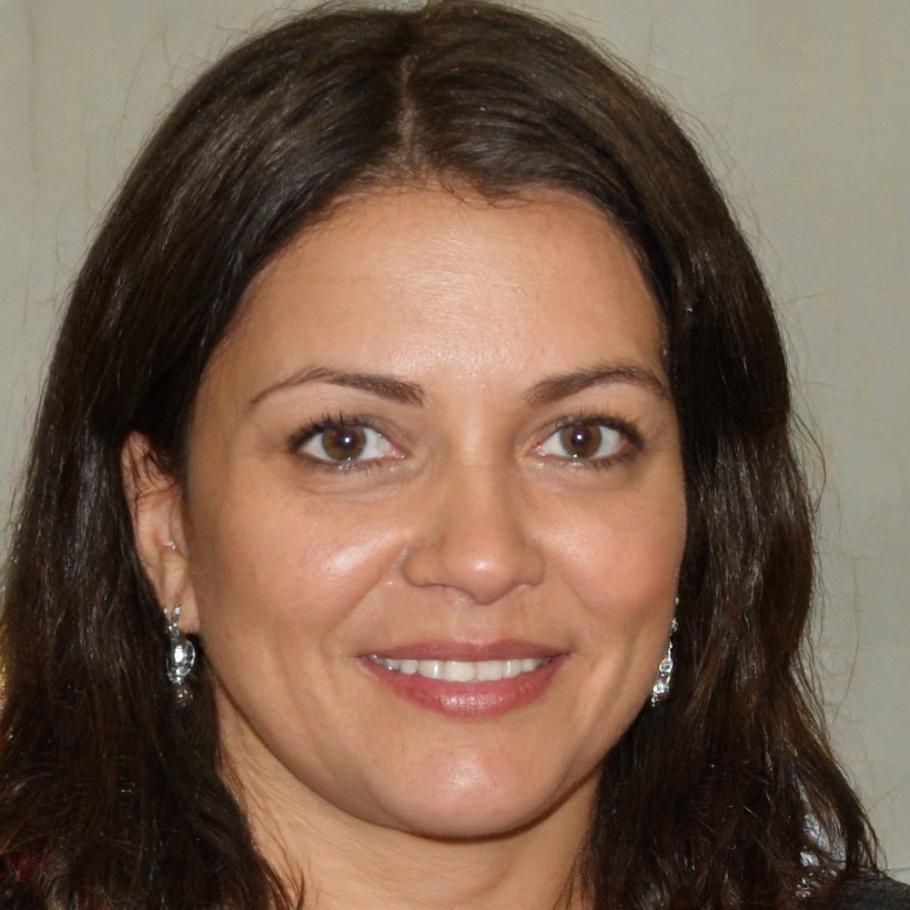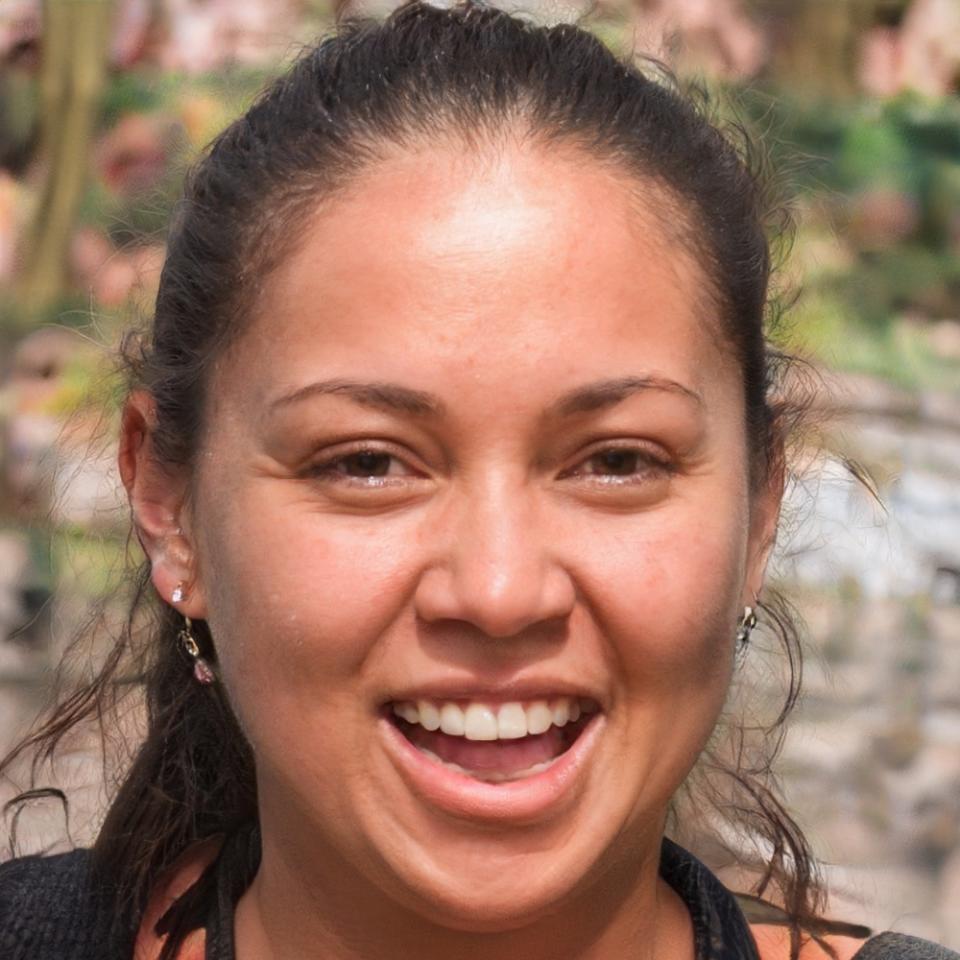Build Financial Confidence Through Practical Learning
Our September 2025 program walks you through money management using real scenarios you'll actually face. No textbook theory—just straightforward steps that make sense for Australians.
Ask About EnrolmentQuestions We Hear At Every Stage
People approach financial planning differently depending on where they are. Here's what learners typically ask before, during, and after completing our program.
Before You Start
Most people wonder if this is actually for them. They're balancing work, maybe raising kids, and feeling like financial planning is something other people do.
- Will I need maths skills I don't have?
- How much time does this really take per week?
- Can I fit this around shift work?
- What if I've never budgeted before?
During The Program
Once you're in, questions shift to application. You're working through your own finances and suddenly things get specific to your situation.
- How do I handle irregular income streams?
- What about existing debts I'm managing?
- Can I adjust the budget framework for my family?
- Who can I ask when something doesn't add up?
After Completion
Graduates often circle back months later when life changes. We stay connected because financial planning isn't a one-time event.
- How do I adjust my plan for a new job?
- Can I access updated resources?
- Is there a community of past participants?
- What if I want to go deeper into investing?
Who Teaches This Program
Our instructors bring years of working with Australian families. They've seen what works in practice, not just what sounds good in theory books.

Vernon Patterson
Program Coordinator
Vernon spent fifteen years helping small business owners sort out their cash flow before moving into education. He teaches the budgeting modules and brings a relaxed approach that cuts through jargon. His favorite part? Watching people realize they're more capable than they thought.

Iris Chen
Investment Fundamentals
Iris worked in Sydney banking for eight years before getting frustrated with how complicated financial advice had become. She now focuses on making investment basics accessible to regular Australians. Her sessions are practical—she'll walk you through real examples using actual numbers, not abstract concepts.

Maeve Sullivan
Tax & Savings Strategy
Maeve came to financial planning from a background in community services. She understands that life rarely fits into neat categories, and her tax modules reflect that reality. She's patient with questions and won't make you feel silly for asking about deductions you've never claimed before.

What's Changing In Australian Financial Planning
The way Australians think about money has shifted considerably over the past three years. Rising costs mean people want practical tools, not abstract financial theory they can't apply at the grocery store.
We're seeing more interest in programs that address real-life complexity. Single parents managing child support. Freelancers with inconsistent income. People caring for aging parents while trying to save for their own future.
- Interest in practical budgeting increased 67% across regional Australia in 2024
- More participants now ask about managing debt alongside saving goals
- Digital tools are popular, but people still want human guidance to interpret results
- Tax strategies that work for wage earners often need adjustment for gig workers
Our curriculum adapts each year based on what participants actually struggle with. We track which modules generate the most questions and adjust accordingly. The program you'll take in autumn 2025 reflects feedback from hundreds of Australians who've gone through previous versions.
Learn More About Our Approach